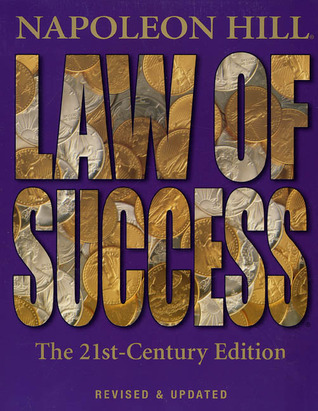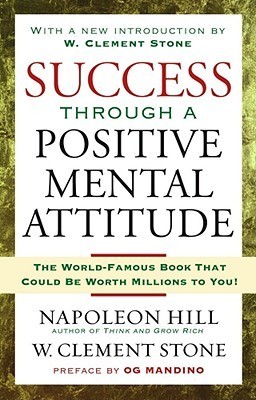
The Science of Getting Rich
Book Description
Imagine unlocking the secret to abundant wealth and success, a blueprint that changes everything. "The Science of Getting Rich" pulsates with the energy of possibility, inviting readers to reshape their reality with powerful universal laws. Wallace D. Wattles unveils the hidden connection between thought and riches, guiding you through practical principles that spark transformation and ignite ambition. Dive into a life-altering journey where every belief and intention fuels your ascent toward financial freedom. Will you grasp the power to create the life you’ve always dreamed of, or will you let doubt hold you back?
Quick Book Summary
"The Science of Getting Rich" by Wallace D. Wattles is a foundational self-help book that explores the direct relationship between thought and wealth. Written in the early 20th century, Wattles presents a methodical approach to acquiring riches by harnessing the power of thought, gratitude, and purposeful actions. He asserts that by thinking and acting in a "Certain Way," anyone can attract prosperity, irrespective of their background or circumstances. Emphasizing a practical, formulaic method, the book blends metaphysical principles with actionable steps, encouraging readers to imagine abundance, focus unwaveringly on their goals, and take consistent, effective action. Its message remains relevant as it continues to inspire individuals to realize financial success through mindset transformation and intentional practice.
Summary of Key Ideas
Table of Contents
The Creative Power of Thought
Wattles begins with the fundamental assertion that wealth creation is not a matter of environment, talent, or luck but is governed by universal laws available to all. He contends that riches are not confined to a select few; rather, anyone can attract prosperity by aligning their mind with these laws. The premise centers on the idea that thought is creative—what one consistently thinks about becomes reality. This positions individual belief systems and habitual thought patterns as the starting point for manifesting wealth.
Acting in a Certain Way
Central to Wattles' philosophy is the practice of thinking in a "Certain Way." This involves maintaining a clear and unwavering focus on abundance rather than dwelling on lack or limitation. He instructs readers to form a vivid mental image of their desires and to foster a deep conviction that their objectives are achievable. This clarity and faith become the foundation for attracting opportunities and resources needed to acquire wealth.
Gratitude and Its Transformative Effects
Gratitude features prominently in Wattles' system. He argues that a grateful mind is constantly tuned to receive, reinforcing positive emotions and keeping one's thoughts aligned with abundance. Gratitude acts as a catalyst for further success, shifting attention away from shortcomings and toward abundance already present. This practice is crucial for sustaining the mindset necessary for ongoing, successful results.
Clarity of Vision and Definite Purpose
Wattles stresses the importance of action as the bridge between thought and attainment. He encourages readers to take effective and purposeful action every day, making the best possible use of their current circumstances rather than waiting for ideal conditions. By doing everything in the present moment to the best of one’s ability, individuals create momentum and attract further possibilities for advancement.
Taking Inspired Action
The book concludes by affirming that anyone, regardless of background or obstacles, can follow this scientific method to get rich. Consistency—maintaining a clear vision, acting with purpose, and fostering gratitude—is essential. Wattles challenges readers to trust the process, reject doubt, and persistently apply the principles, promising that doing so will lead inevitably to the manifestation of wealth and fulfillment.
Download This Summary
Get a free PDF of this summary instantly — no email required.





